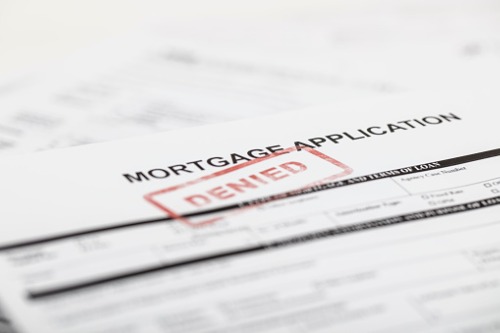Denials are at a cycle low but borrowers face greater challenges in some markets

A decade after the Great Recession, things are looking rosier for the US housing market including the chances of getting a mortgage.
With Home Mortgage Disclosure Act data showing the lowest level of mortgage denials since the housing crisis and in fact, since 2004; an analysis by LendingTree shines a light on where homebuyers are most likely to be denied and why.
The study of almost 10 million mortgage applications found that nearly 1 in 10 borrowers get denied, mostly due to debt-to-income (33%) or credit history (23%) followed by collateral (17%).
“The low denial rate is encouraging, though some of this is because the financial profile of mortgage applicants has improved. The key for homebuyers is to be well-educated on the homebuying and mortgage process,” said LendingTree chief mortgage economist Tendayi Kapfidze. “Understanding the key reasons mortgages are denied can help borrowers avoid missteps and compete effectively to secure their dream home.”
Working with mortgage professionals is clearly important with 13% of applications resulting in denials due to incomplete information and 8% due to unverifiable information.
African-American borrowers have the highest denial rates at 17.4%, and Non-Hispanic whites have the lowest at 7.9%.
Top cities for denials
Borrowers are most likely to get denied a mortgage in Florida with the top 4 cities for denials all in the Sunshine State.
In Miami, 11.6% of applications result in denial, 10.9% are denied in Orlando, 9.5% in Tampa and Jacksonville.
The cities with the lowest denial rates are Minneapolis (4.6%), Salt Lake City and Kansas City (both 4.9%).



